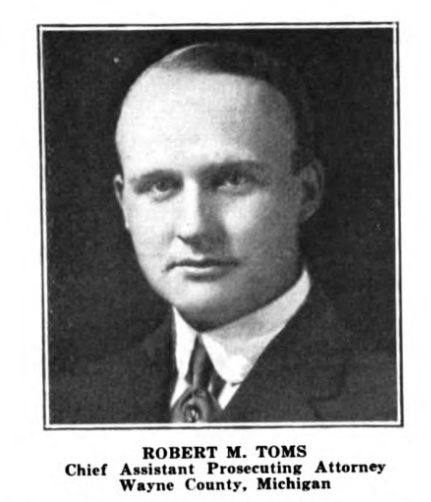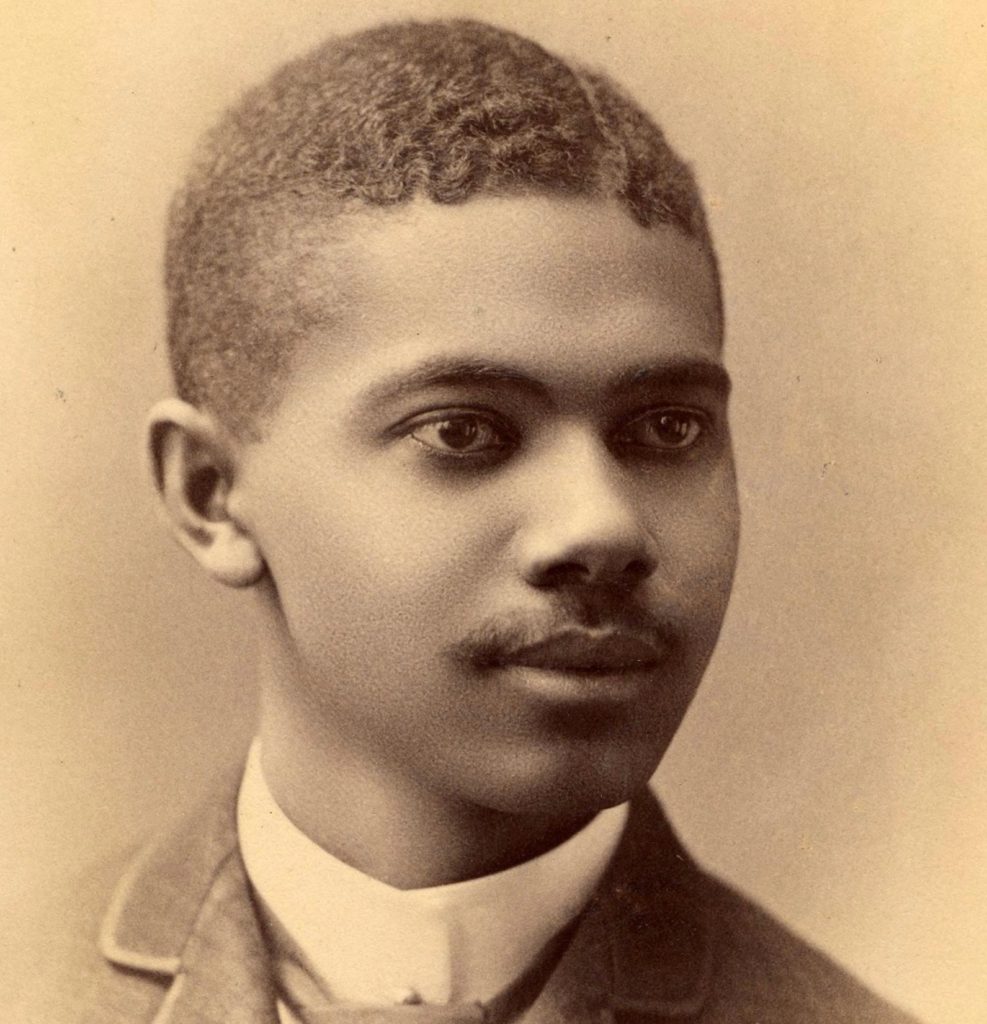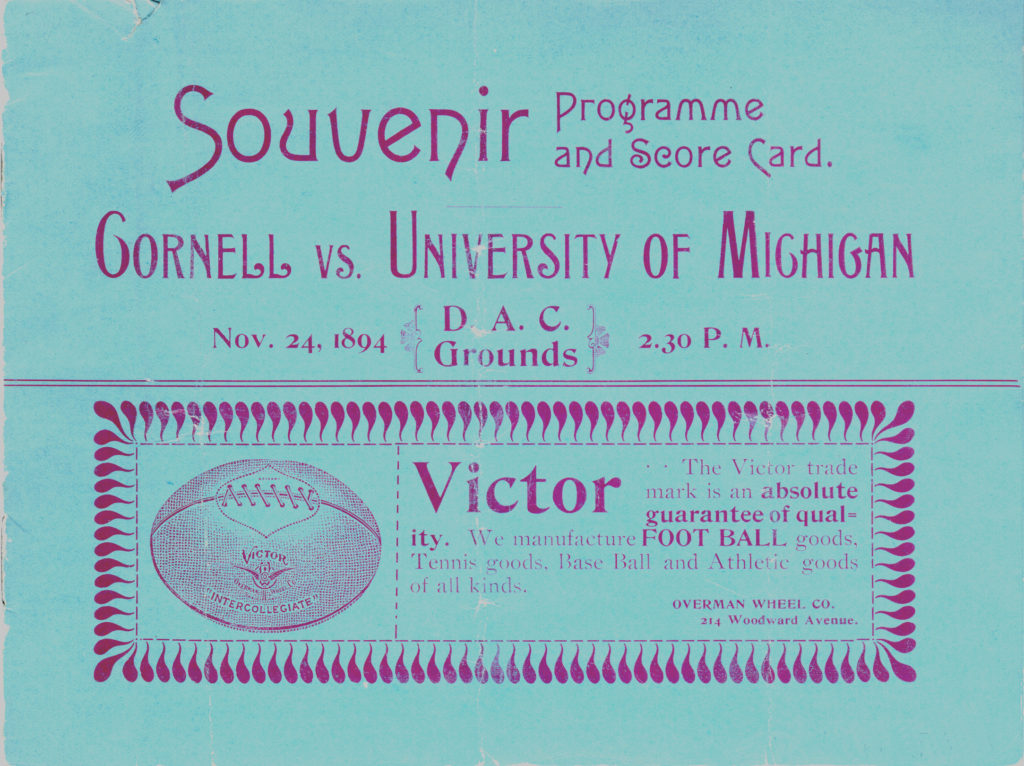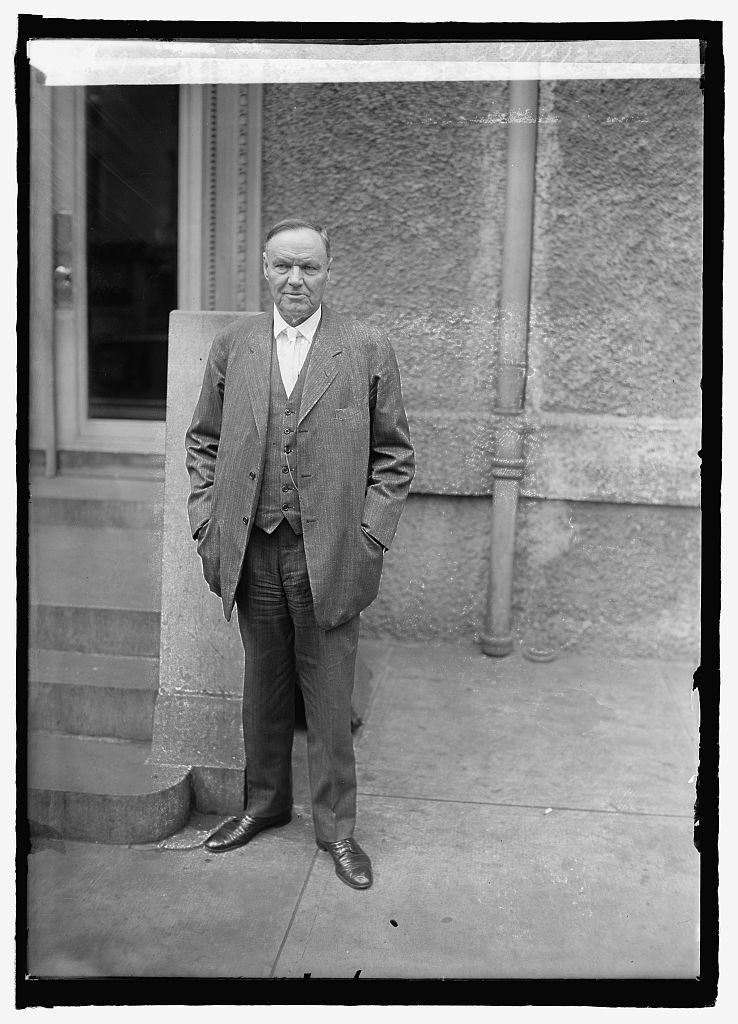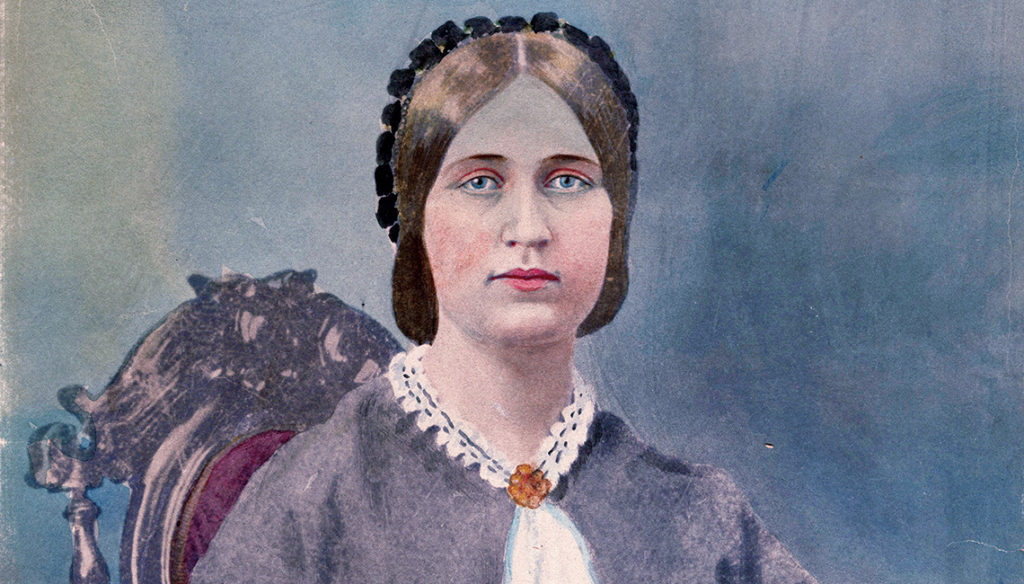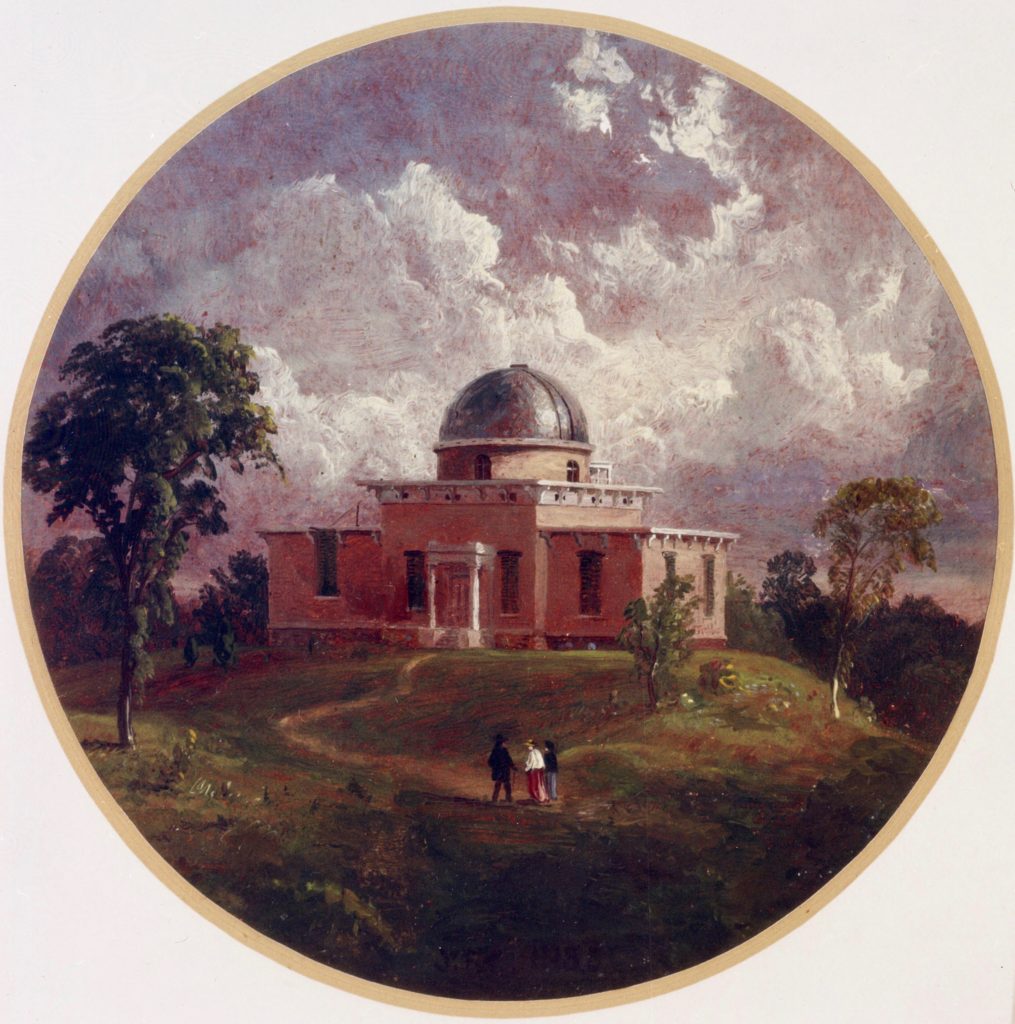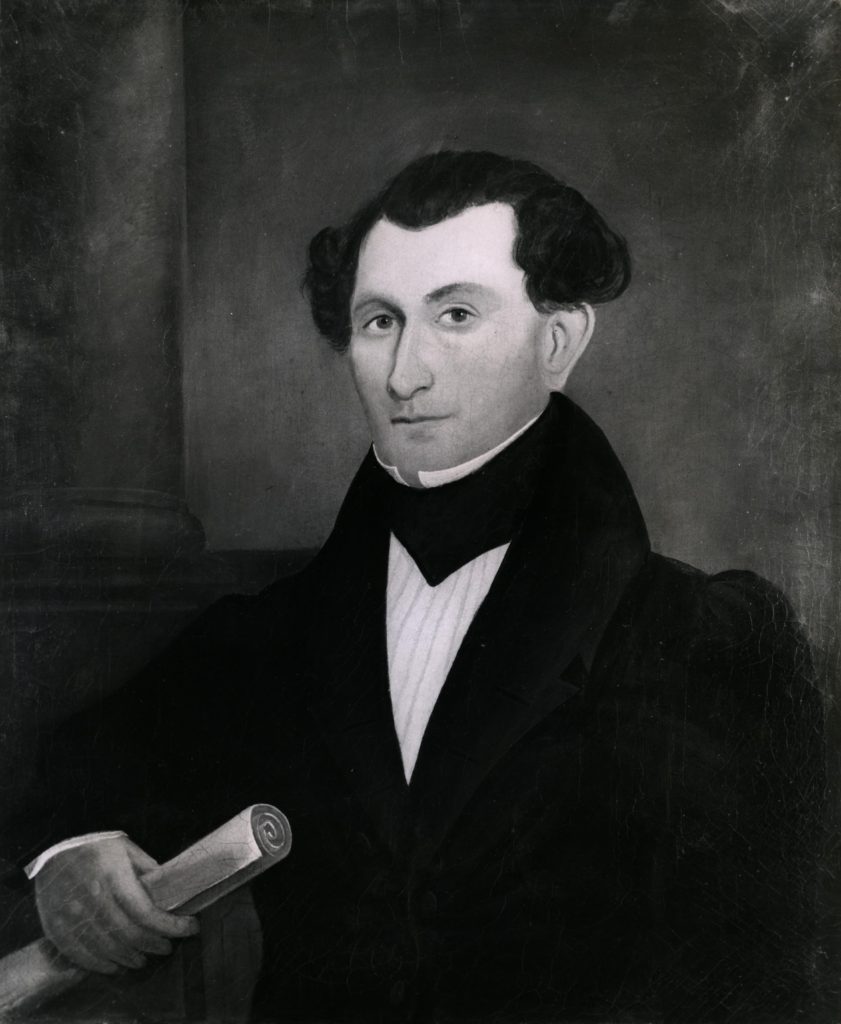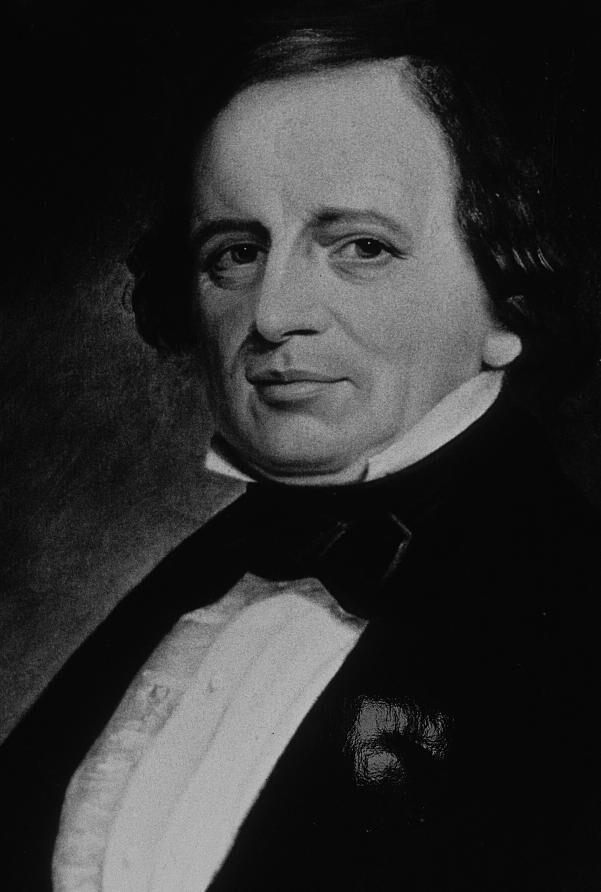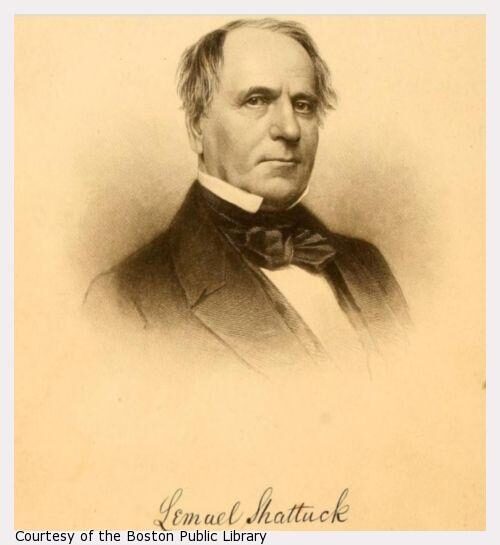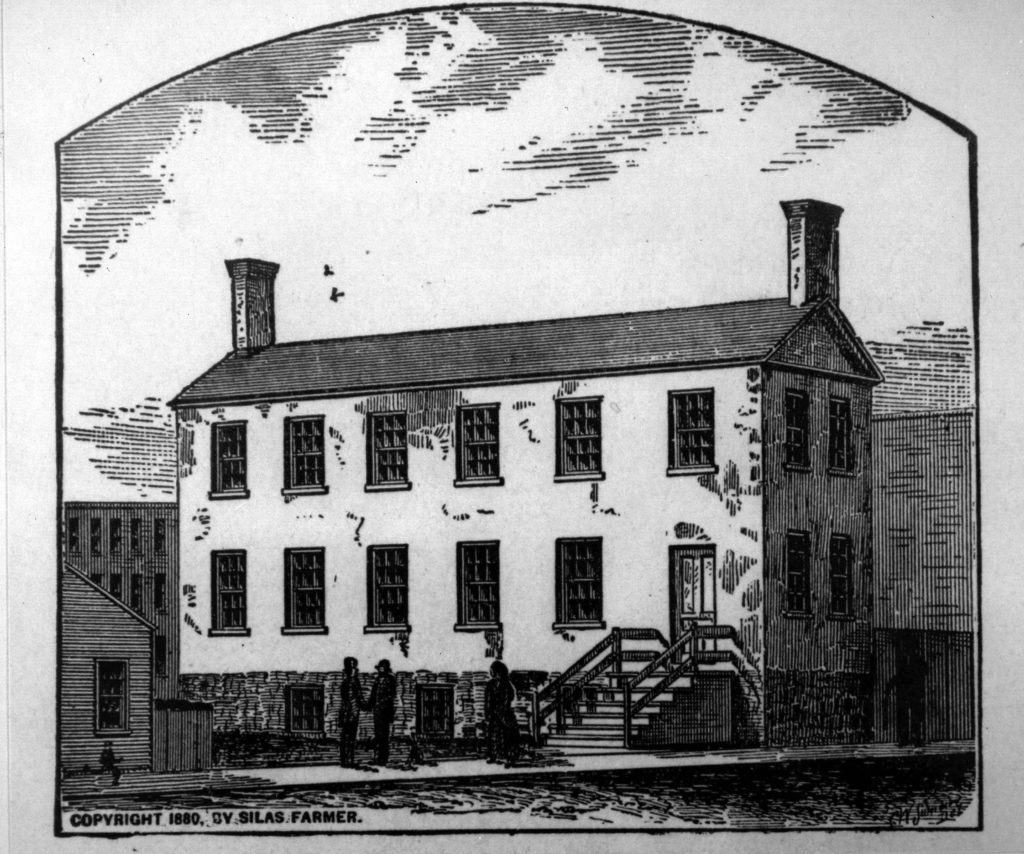Detroit is the birthplace of the University of Michigan where it was founded 1817 as the Catholepistemiad or University of Michigania. At that time, Detroit was the capital of the Michigan Territory. In 1837, the Michigan Territory became the State of Michigan, and the University of Michigan moved to Ann Arbor in the original 40-acre parcel that is our current Diag. U-M has maintained connections to the City of Detroit and its residents ever since.
Robert Toms Graduates from U-M Law School
Future Wayne County Prosecutor Robert Toms, who would later also prosecute Nazi war criminals at the Nuremberg trials, graduates from U-M Law School.
Frederick Blackburn Pelham receives his degree
Detroiter Frederick Blackburn Pelham — U-M’s first African American engineer — receives his degree.
The Wolverines Play in Detroit
Between 1879 and 1901, U-M football regularly plays its games in the city, drawing the biggest crowds of the season thanks to U-M alumni in Detroit who turn out for games. The Wolverines typically play on the grounds of the Detroit Athletic Club, then located west of Woodward Avenue between Forest and Canfield streets.
Clarence Darrow attends U-M Law School
Famed attorney Clarence Darrow attends U-M Law School. In 1925, Darrow defends Ossian and Henry Sweet, Detroit brothers charged with killing a white man. The first trial ends in a hung jury; a second trial, charging only Henry Sweet, brings an acquittal.
Sarah Gertrude Banks graduates from U-M Medical School
Sarah Gertrude Banks graduates from the U-M Medical School, where she is in the second group of women to earn a medical degree. She goes on to serve as resident physician at the Women’s Hospital and Foundlings’ Home in Detroit before opening a private practice, establishing herself as one of the city’s foremost physicians, and becoming a strong advocate for women’s suffrage.
Detroit Observatory is Built
With gifts from Detroit business leaders, the Detroit Observatory in Ann Arbor is built expressly for scientific study, helping to transform U-M into one of the first U.S. research universities.
Dr. Zina Pitcher Serves Three Terms as Mayor of Detroit
Dr. Zina Pitcher, army surgeon, botanist, teacher, and politician, serves three terms as mayor of Detroit. He is the driving force behind the city’s first public school system and an active member of U-M’s Board of Regents from 1837-52.
Michigan Establishes Statehood
Under a new state constitution, the University of Michigan relocates from Detroit to Ann Arbor.
Detroit’s First Mayor Elected
John R. Williams is elected Detroit’s first mayor and serves as one of the original trustees of U-M.
Lemuel Shattuck returns to New England
After four years in Detroit, Lemuel Shattuck returns to New England, where he becomes a leader in public health. According to a testimonial letter from the time, Detroit citizens praise him for growing the young U-M “from its infancy to that state of maturity and usefulness.”
University’s first building is completed
The “University of Michigania’s” first building is completed, paid for by citizens and standing two stories tall. It is home to teachers Lemuel Shattuck at the primary level, and Hugh M. Dickie at the more-advanced classical academy — in effect, a high school.
Bates Street Cornerstone
On September 26, a cornerstone is placed on Bates Street near Congress Street in Detroit — the territory’s capitol at the time — signaling the “University of Michigania’s” physical presence in the city.
University Founding
The university is founded in Detroit as the Catholepistemiad, or University of Michigania, by Augustus Woodward, Rev. John Monteith, and Rev. Gabriel Richard.
Sources of information used to compile this timeline include The University of Michigan, An Encyclopedic Survey; The Making of the University of Michigan, 1817-1992, by Howard H. Peckham; Board of Regents proceedings; contemporary newspaper accounts; and the Lemuel Shattuck papers in the Burton Historical Collection at the Detroit Public Library.


